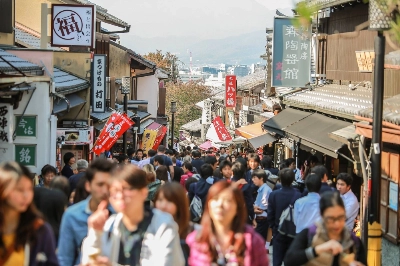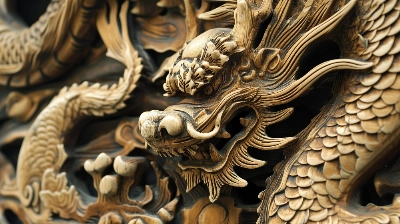
Brahma Chellaney
Brahma Chellaney, a longstanding contributor to The Japan Times, is a geostrategist and the author of "Asian Juggernaut" (Harper, 2010) and "Water: Asia’s New Battlefield" (Georgetown University Press, 2011), which won the 2012 Bernard Schwartz Award. He is professor of strategic studies at the Center for Policy Research, New Delhi.
Jan 21, 2012
Jan 14, 2012
Jan 4, 2012
Dec 28, 2011
Dec 3, 2011
Nov 8, 2011
Oct 19, 2011
Oct 6, 2011
Sep 21, 2011
Jul 23, 2011
May 7, 2011
Apr 7, 2011
Mar 23, 2011
Feb 6, 2011
Jan 26, 2011
Jan 11, 2011
Dec 29, 2010
Nov 27, 2010















